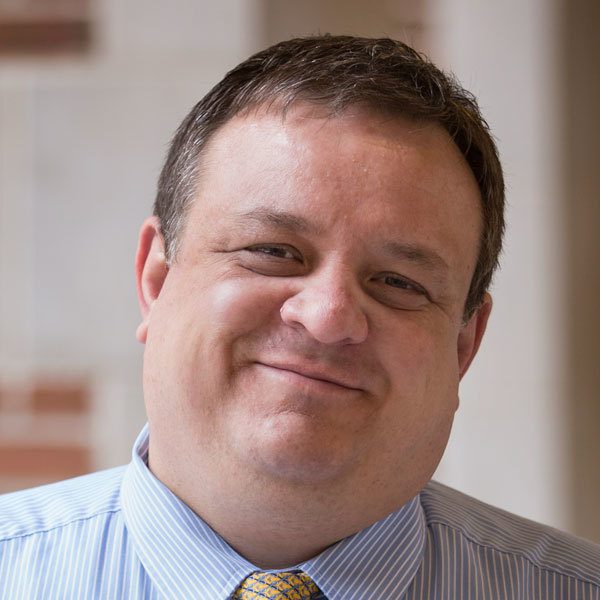Dragomir Radev, computer science professor and AI expert, dies at 54
The world-renowned researcher and popular computer science professor, described as tireless and compassionate, taught some of the department’s most popular courses on artificial intelligence and natural language processing.

Yale School of Engineering and Applied Science
A prolific force in his field, Dragomir Radev, the A. Bartlett Giamatti Professor of Computer Science at Yale, wrote two books and numerous papers on computational linguistics and natural language processing. He died last Wednesday at the age of 54.
Radev led the U.S. team to victory in multiple International Linguistics Olympiads, taught an open course in NLP to over 10,000 students and loved foreign language movies. Radev was also a family man, devoted to his wife Axinia and their two daughters, Laura and Victoria.
“I knew Drago as a leader in his community,” Jeffrey Brock, dean of the School of Engineering and Applied Sciences, told the News. “He had a love for people and colleagues, and he was much loved in return.”
Brock noted that Radev’s interests were varied, ranging from automated book summarization to attempts to program humor into natural language processing systems. In addition to background information on his academic work and course offerings, his website includes a list titled “My favorite movies,” organized by director, country of release, awards, release year and the year Radev first watched them.
Indeed, Sterling Professor of Political Science Alan Gerber ’86 agreed that Radev refused to confine himself to a single area of interest or academic field.
“He led efforts to connect people working on natural language processing across the university,” Gerber wrote in an email to the News. “His openness to collaborations across fields was legendary and I believe that he is probably the only computer scientist to win the Gosnell Prize for the best empirical paper of the year in political science.”
Radev’s website, full of colorful links and featuring a small picture of the smiling professor watching over the page, expressed that same focus on facilitating connection.
“My long term goal is to build an infrastructure for computers and humans to interact in a fluent and natural way,” Radev wrote in a simple .txt page on the site.
Radev earned his doctorate at Columbia University in 1999, moving on to teach at Michigan before then coming to Yale in 2017. He was awarded fellowships at multiple computer science associations, including the American Association for the Advancement of Science and the Association of Artificial Intelligence. In 2007, he co-founded the North American Computational Linguistics Open Competition, a contest for high school students interested in the field.
Brock wrote that Radev “believed deeply in the promise of Yale and in its future,” and was passionate about leading his community at the University and beyond.
“He was tireless and spent long days working with students and carrying out his research,” Brock wrote.
Brock added fondly that Radev was “a fixture on Hillhouse Avenue,” often found tapping excitedly on his phone in communication with students and colleagues. Those same students and colleagues have since gathered online to share memories of Radev on a memorial website.
Collaborators and friends flooded a GoFundMe for Victoria’s medical expenses with support this past week, writing comments about Radev’s kindness, intellect and dedication.
“I was chair of Yale CS when we recruited him,” wrote professor Joan Feigenbaum on the fundraising site. “I often think that my contribution to that recruiting effort might have been the best thing I ever did for Yale CS.”
Radev was deeply involved in the department, serving as the director of the Language, Information, and Learning at Yale Lab, the Yale Institute for Network Science and the Wu Tsai Institute for Neuroscience.
Dan Spielman ’92, a Sterling Professor of Computer Science at the University, emphasized the hole that Radev’s passing would leave in the department and in the field.
“From the moment he arrived at Yale he worked hard to improve our course offerings, to teach inspiring courses, and to recruit new faculty,” Spielman wrote in an email to the News. “He tried to improve every community that he touched… we won’t be the same without him.”
A communal celebration of Radev’s life will be held soon, according to the School of Engineering and Applied Sciences.







